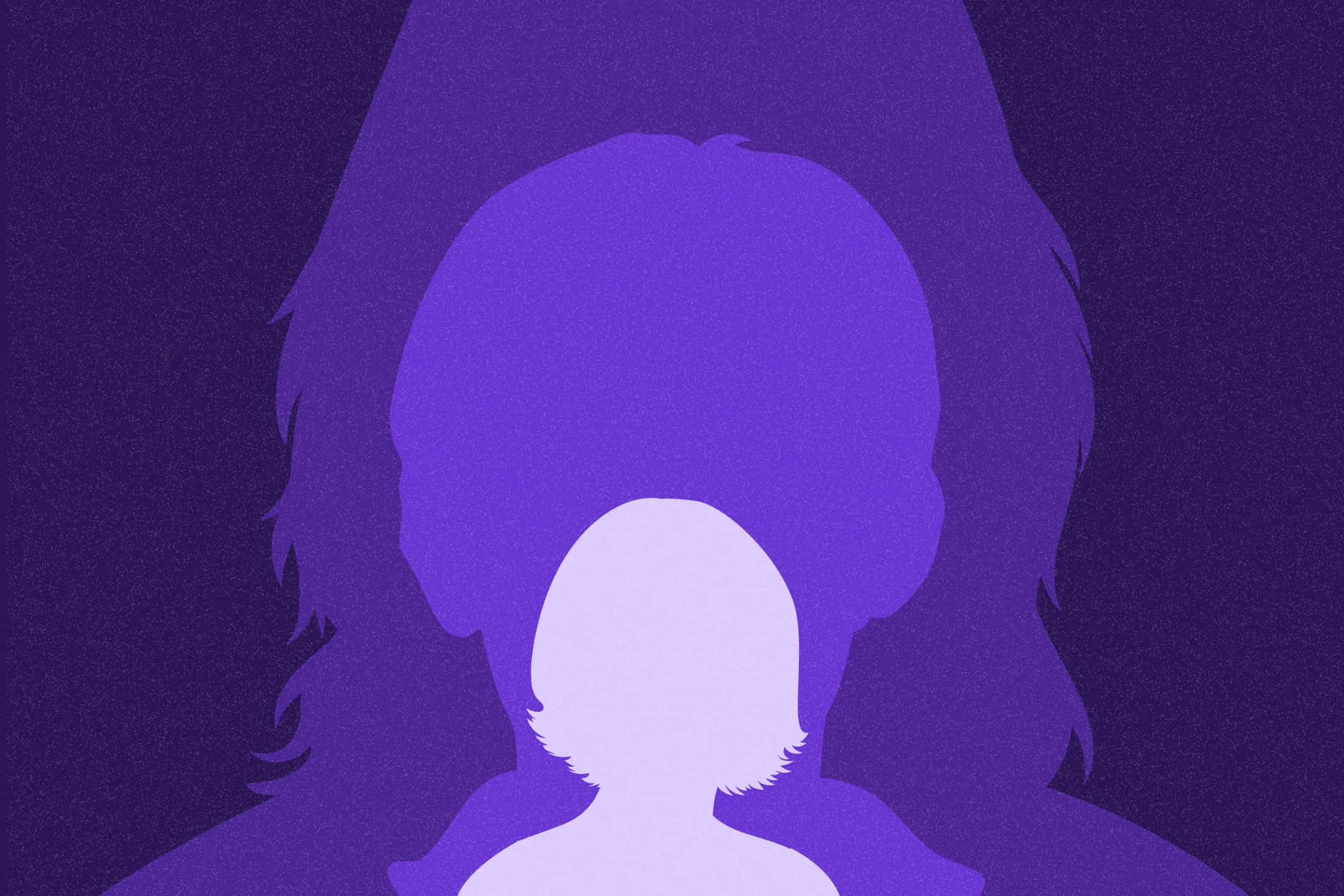
Business
“Becoming a mentor helped me see my own value.”
6th March 2025
22nd October 2020
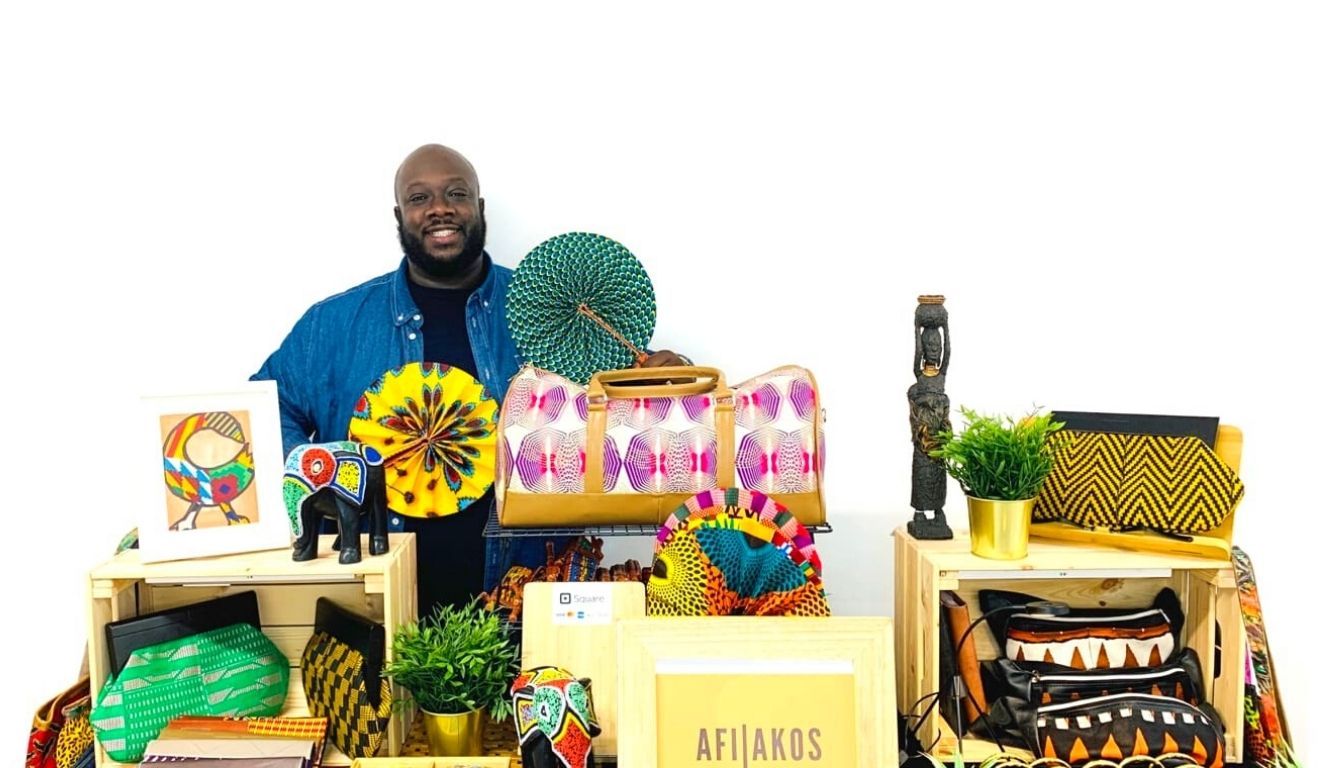
“I’ve always had a burning desire to step out on my own but I was never brave enough to go for it 100 percent,” says Richmond Osei-Akoto. “It’s a cliché but I was the kid who bought the sweets and sold them for a little more when people were trapped in school and couldn’t go out and buy their own.”
Richmond, 37, founded the online marketplace Afi-Akos last year. His inspiration? The people of Ghana. “They’re so entrepreneurial. If you’re not hustling, you’ll slip through the cracks - there’s no safety net,” he says. “I was born in Ghana and came to the UK when I was five. When I went back aged 22, I was blown away.”
Through Afi-Akos, Richmond sells products and art mainly from Ghana, sharing its spirit of creativity and craftsmanship with customers back in the UK. Wanting to play a part in the success of small Ghanaian businesses is what drove him and inspired him to start his own venture.
“The weirdest thing is that it was the worst time for me to try - I have three very young children. But I knew that if I didn’t do it in counter-intuitive circumstances, I would never do it.” He uses Starling to manage his business finances.
Richmond began his career as a personal banker in a high street bank after studying law at university, and quickly progressed to a role as a financial adviser. “I was a bit restless. I was looking for a way to fast track,” he says.
Following the 2008 financial crisis, he was effectively made redundant. “I took it as an opportunity to step back and figure out what to do.”
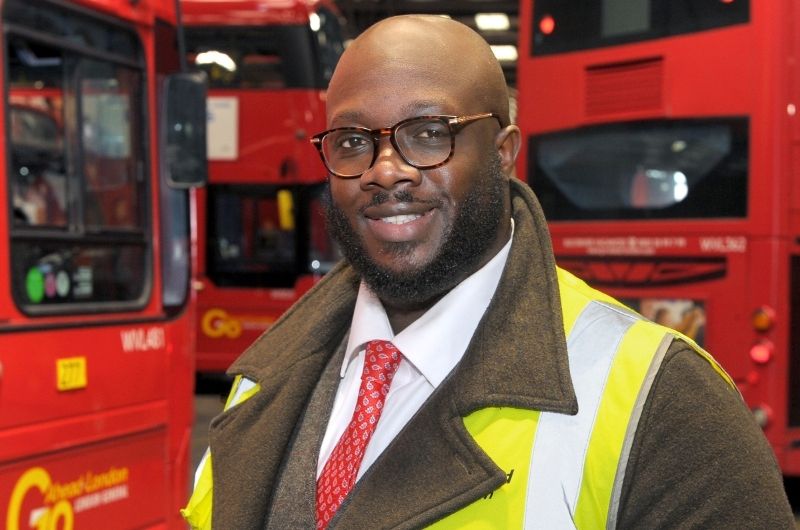
That’s when he moved from the banking industry to the bus industry. “The reason I wanted to be a bus driver is that it gives you a lot of thinking time. It was the kind of job where you can park it (literally), go home and feel you’d done your job for the day. I planned to do it for six months. But six years later, I was still there, working as a bus accident prevention manager,” he says. “I had lots of business ideas but I got trapped by the safety net of a salary.”
Richmond first ventured into the world of entrepreneurship in 2018, following a trip to Ghana. “My first products were fans made of Ghanaian textiles with leather bound handles - I fell in love with these fans and left Ghana with 100 of them,” he says. “My wife, who’s hard to please, also loved them - she’s my touchstone. I thought that if it didn’t work out, I could always give them away as gifts.”
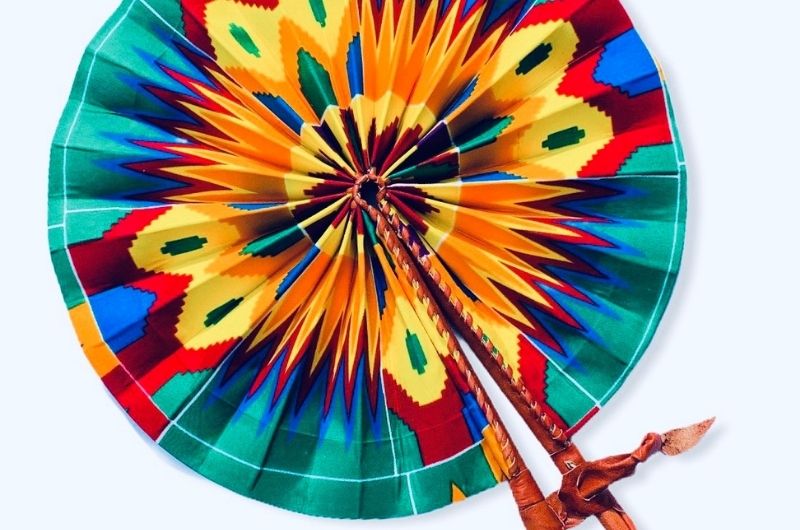
He and his wife weren’t the only ones who loved them. When he signed up for pop-up events and markets to test the waters, he was flooded with customers. “That was the beginning of the business,” he says. “I saw a real desire from people for African-made or African-originated products.”
He still sells the fans today, along with belts, bags, purses and bumbags. The artwork he sells is made by a Ghanaian artist called Citizen Kwame. Many of the products are made from repurposed materials, such as bracelets made from currency no longer in circulation, or fabric or leather discarded by various factories.
“Nothing is wasted,” he says. “That’s the beauty of Africa in general, the way people make something beautiful from what would otherwise have been thrown away.”
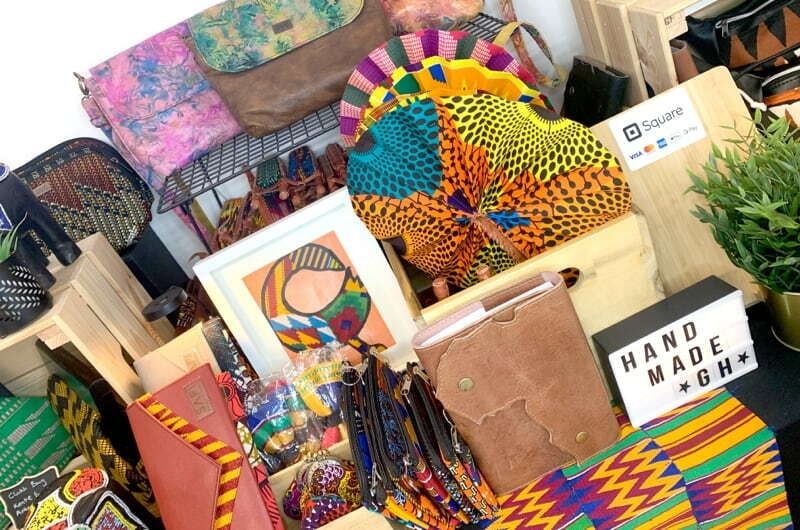
Before the coronavirus, he sold most products at pop-ups, markets and events in London. “Initially, it was really tough. It forced me to be a lot more creative about growing my followers on social media,” he says.
“The biggest realisation I’ve had is that followers don’t always translate into sales. There’s a certain level of engagement that needs to happen.”
For Richmond, the other key lessons are around market research and personal savings. “Before you start a business, look at your financial needs and work out what you need to cover the bills. You don’t want pressure in your head, at least for the first year. Plan for it and set aside money to cover the essentials.”
He adds: “Make sure demand is there. The year before I went full-time, I did so many pop-ups, I was exhausted. But each one helped me to know who my customer was and narrow in on potential customers.”
In his marketing, he aims to communicate the stories behind each product. “What really made me fall in love with the fans was the man who made them,” he says. “His business had a really positive effect on his family and those around him. And I wanted to support that. I used to think that business was all about making money, but as I’ve gotten older, I’ve become more altruistic. I wanted to make a platform for the artisans who make the products.”
Communication has always been important to him. “During my time as a bus driver I had to learn the art of defusing challenging situations through communication. The ability to communicate is the lasting thing that I took from my time in the industry. I learned that the only way to get the message through was consistency of messaging.”
Afi-Akos is a partner of Jamii, the discount card for Black-owned businesses, run by fellow Starling business customer Khalia Ismain. Richmond has been a Starling business customer ever since he approached an accountant to help him get up and running with Afi-Akos. His accountant recommended Starling and he applied straight away.
“It’s the best bank account I’ve ever had,” he says. “I found it amazing that I could open a bank account from my sofa, especially having worked in retail banking,” he says. “I like that I have the ability to organise as I’m going along. I can keep track of receipts and allocate money for tax, which helps me to keep on top of things.”
To find out more about Richmond, have a look at the Afi-Akos website.

Business
6th March 2025
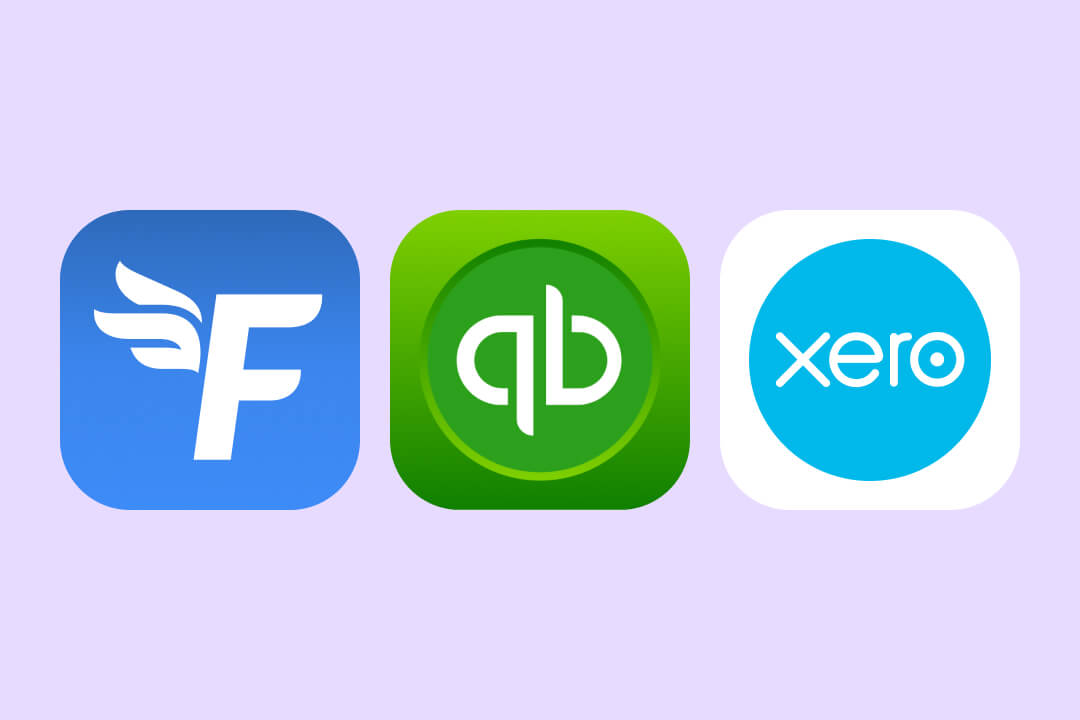
Business
24th May 2024

Business
24th May 2024
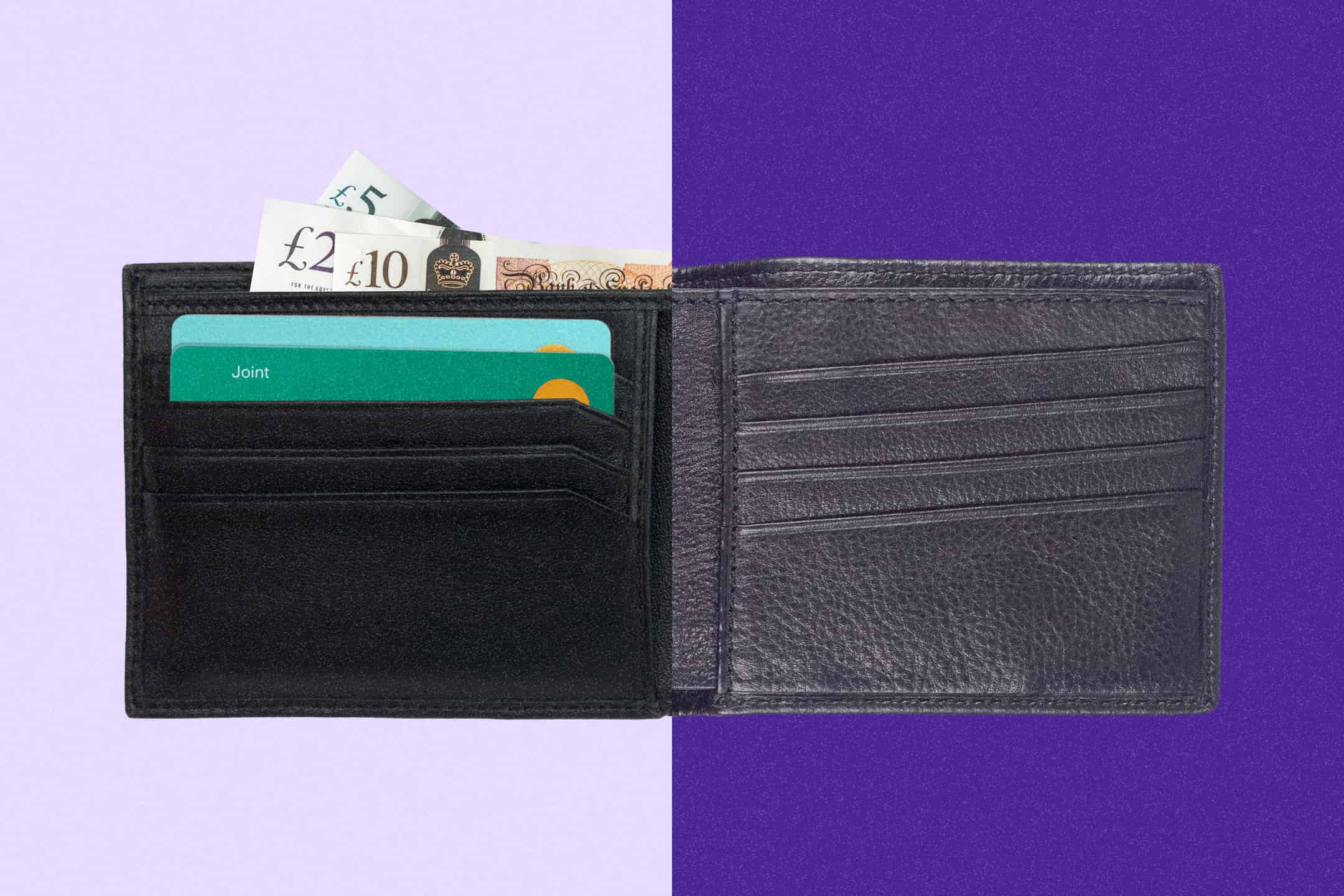
Money Truths
29th May 2025
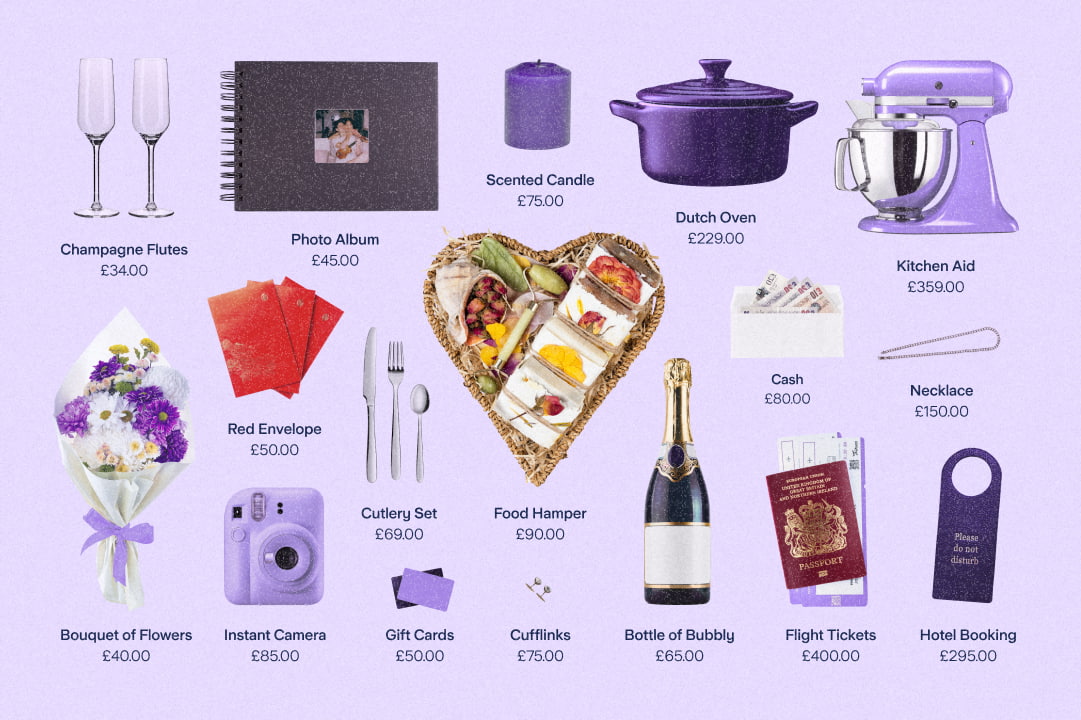
Money Truths
28th May 2025

Money Truths
20th May 2025